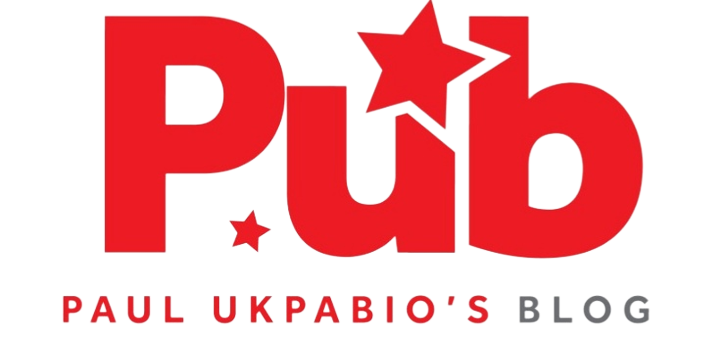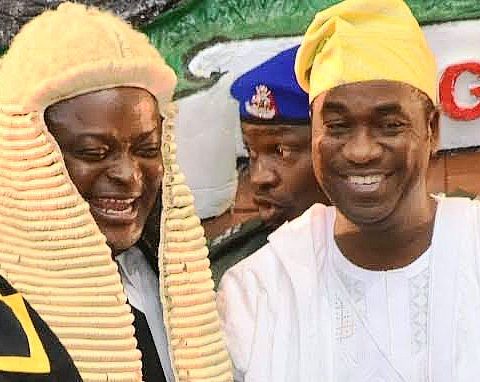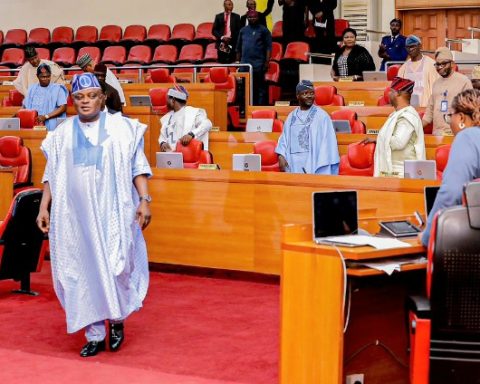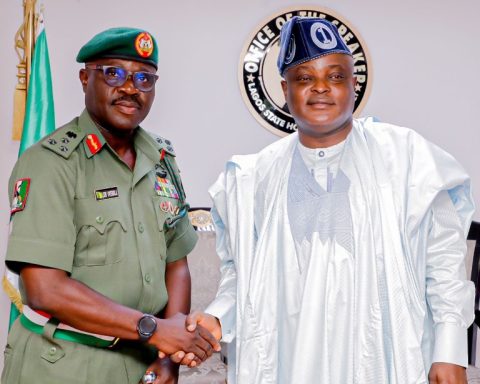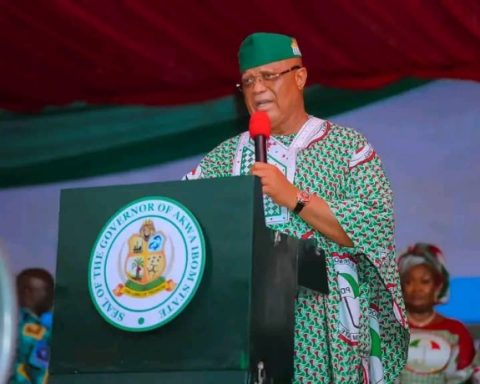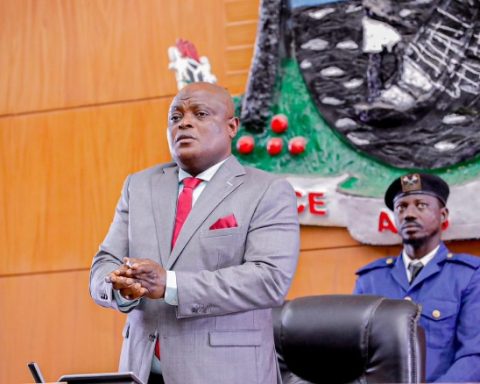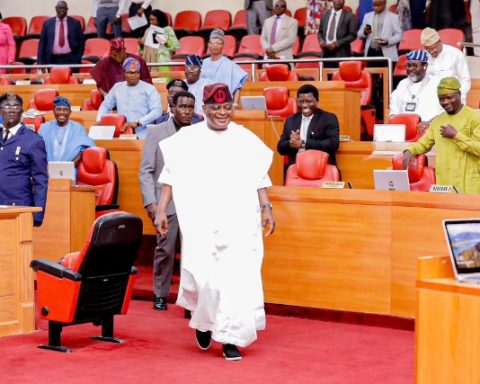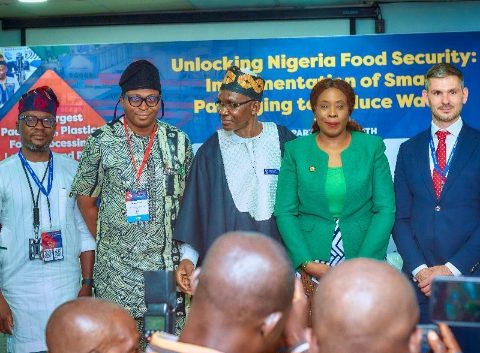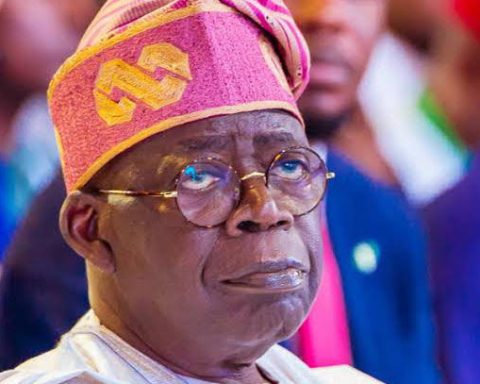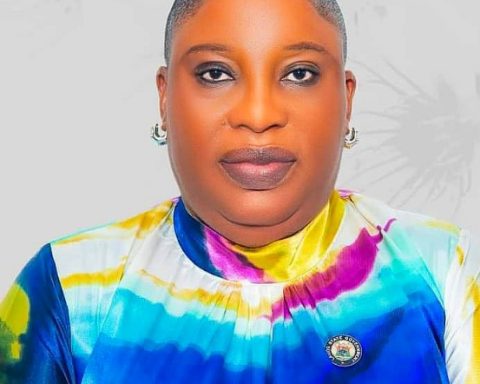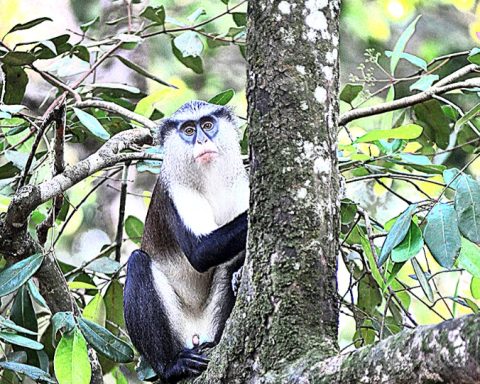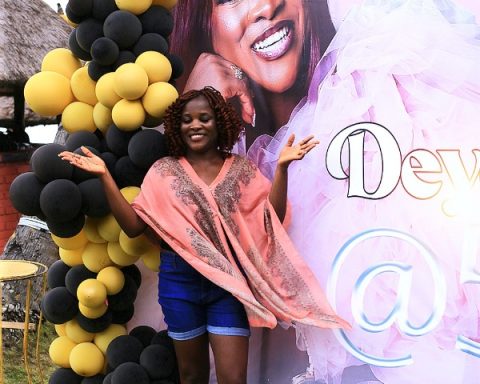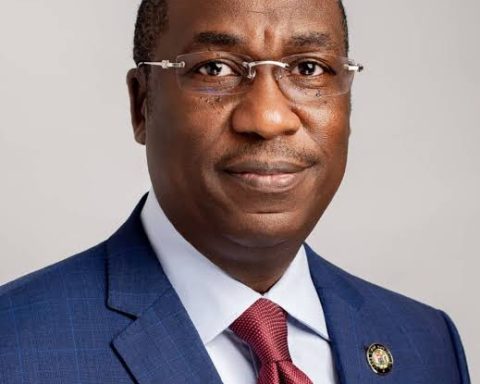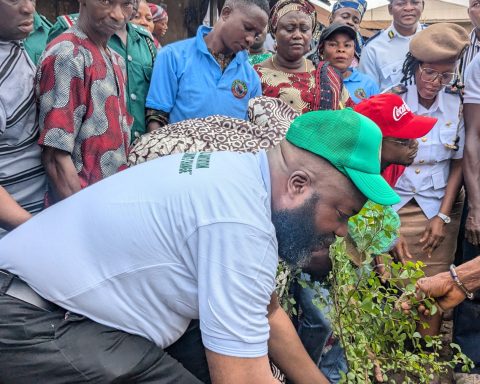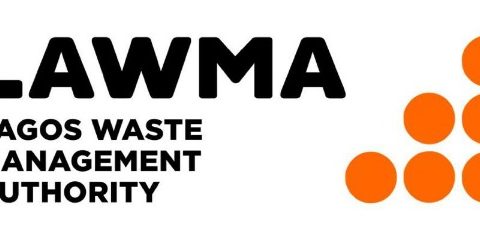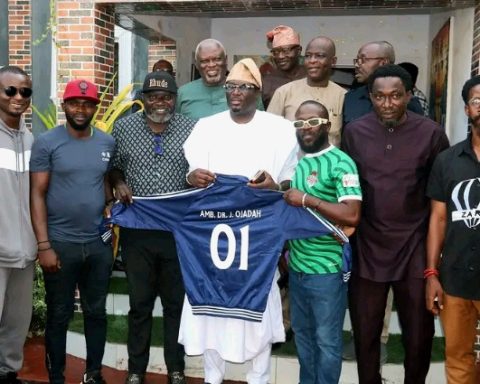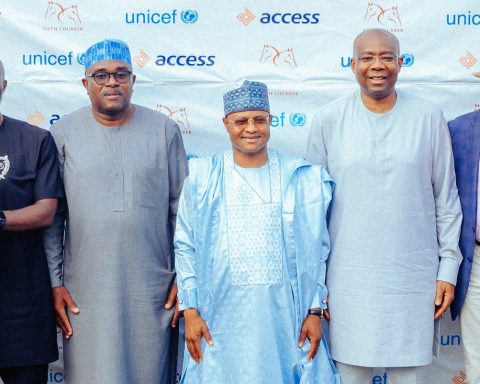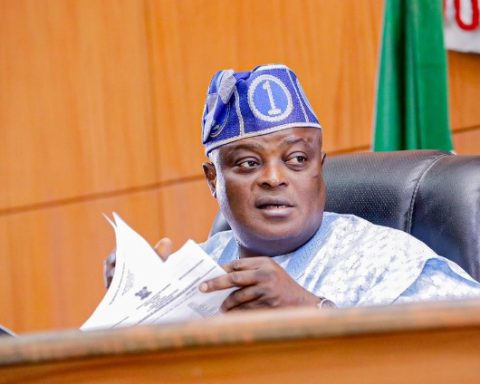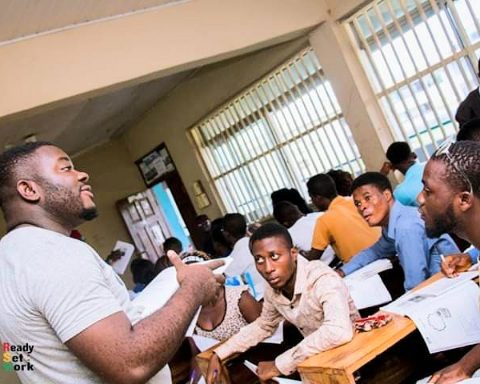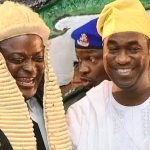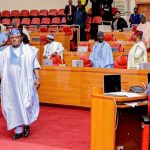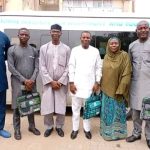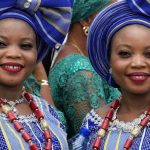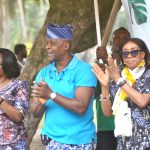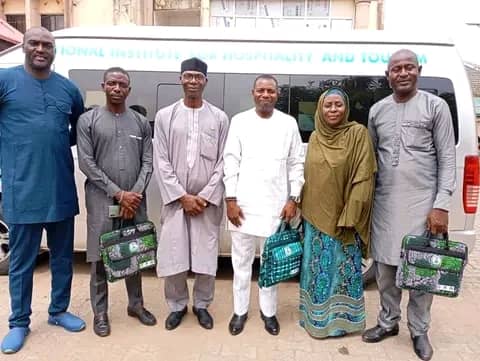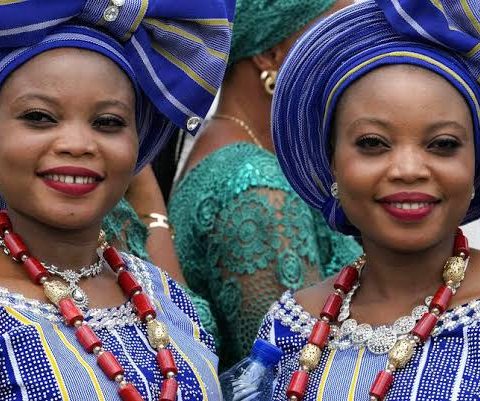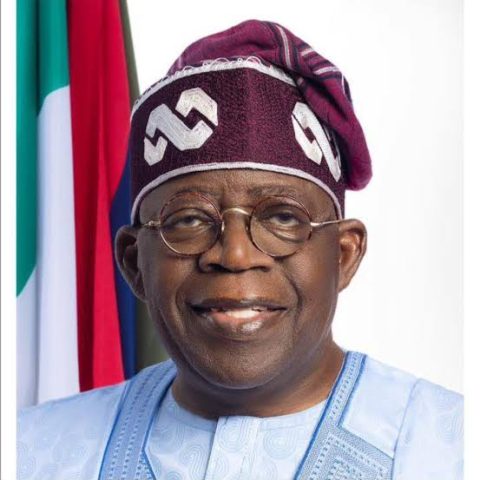
“As we all know, Nigeria was created based on a 1914 decision that the British Protectorates of Northern and Southern Nigeria should be joined together and named Nigeria to denote that the amalgamated creation was situated in the River Niger area,” says Otunba Akinboboye, “Nigeria is home to over 371 tribes spread across over 250 ethnic groups, that range from the Hausa-Fulani, Igbo, and Yoruba tribes to groups with very few members living in insular communities.
“Although the amalgamation occurred over 110 years ago, the cultures of each of these tribes remain largely separate and distinct, with many Nigerians being completely unaware of all the cultures of any tribe other than their own.”
Otunba Akinboboye was of the firm view that, if we want to operate as a truly united country, our people need to understand and appreciate the cultures of the different tribes in Nigeria, as such understanding will generate empathy and the ability to work together to create a country we can all be proud to call our own.
He however conceded that, in a country as large as Nigeria, it may be challenging for a person living in the south close to the sea to understand or have any experience about the lives of those who live perched by the desert.

It is in this regard that tourism comes into play as it creates a platform that facilitates the physical movement of persons to locations where they are exposed to different cultures and experiences.
Tourism also gives rise to situations where a culture that is native to a particular area is transported to a completely different area and then provides an experience in relation to such culture outside its place of origin.
In this regard, he pointed to the annual Diwali festival held for the past 40 years in Leicester, United Kingdom. He noted that Diwali was associated with Lakshmi, the Hindu goddess of prosperity and marks the beginning of the financial year in India. He also noted that Leicester had a large Indian community and that, by celebrating Diwali, they had introduced and enhanced understanding of an aspect of Indian culture among UK residents who were not Indians and who probably had no intention of personally visiting India.
The Chinese New Year is also extravagantly celebrated in places as diverse as London, San Francisco and New York, where it provides a colourful insight into Chinese culture and beliefs. Millions of people who have never visited China have compliments of these festival been exposed to Chinese food, alternative medicine, horoscopes and now arrange their possessions in line with Fung Shui practices with a view to achieving harmony and balance within their homes.
Otunba Akinboboye then noted that this week’s tourism product; ‘Beach Durbar’ was derived from and leverages off a tourism event that is synonymous with Northern Nigeria.
Otunba Akinboboye mentioned that the word ‘Durbar’ is a Persian-derived term referring to the noble court of a king or ruler or a formal meeting where the king held all discussions regarding the state.
The term is also used in South Asia for a ruler’s court or feudal levy. A durbar may be either a feudal state council for administering the affairs of a ruler’s court or a purely ceremonial gathering, as was increasingly the case when India was under British rule.
In Nigeria, the term Durbar is used to denote an ancient traditional annual Hausa cultural, religious and equestrian festival, celebrated as a core part of Hausa culture. This Durbar,which has existed for centuries, is part of Hausa tradition.

The Durbar is also known as Hawan Sallah which means “the riding of horses during the Muslim festival of Eid” (Hawan means horse riding and Sallah from the Arabic word salat, meaning prayer).
Interestingly, it could be argued that the Ijebu festival of Ojude Oba or the Kings Court is a form of durbar, as horse riding features as part of a festival that pays homage to the king while showcasing the culture of the Ijebu people. This festival also takes place immediately after the Eid El Kabir festival.
Otunba Akinboboye emphasized that it was possible to create festivals that leveraged off and borrowed elements from othe cultures without being bound by all their terms . It was with this in mind that he had decided to create a Beach Durbar as part of the Ipada Carnival, the maiden edition of which was being hosted at La Campagne Tropicana Beach Resort in November / December 2024 .
He mentioned that the Beach Durbar would not be tied to a particular religious holiday. However it would showcase the rich Hausa culture that was normally on display during every Durbar.
It would also provide Nigerians and foreigners who were not opportuned to visit the north with the ability to experience the sights and sounds of a Durbar.

The tourism icon Otunba Akinboboye stated that, by creating these off – shoot festivals, tourism entrepreneurs would be essentially taking advantage of our advantages.
“I therefore look forward to a time when the Adamu Orisha Play, with its roots in Lagos and the Yorubas would be re-enacted in Kaduna and the KWAGH-HIR Benue Festival with its masquerades, puppets and marionettes is replicated in Calabar. And I hope you enjoyed hearing about this new tourism product. If you have never been opportuned to watch a Durbar, then you can take advantage of the Ipada carnival coming up at La Campagne Tropicana Beach Resort, Ibeju-Lekki, Lagos, Nigeria, to see the equestrian majesty and skills that have been merged with Hausa culture to create this unforgettable event,” said Otunba Olawanle Akinboboye.

